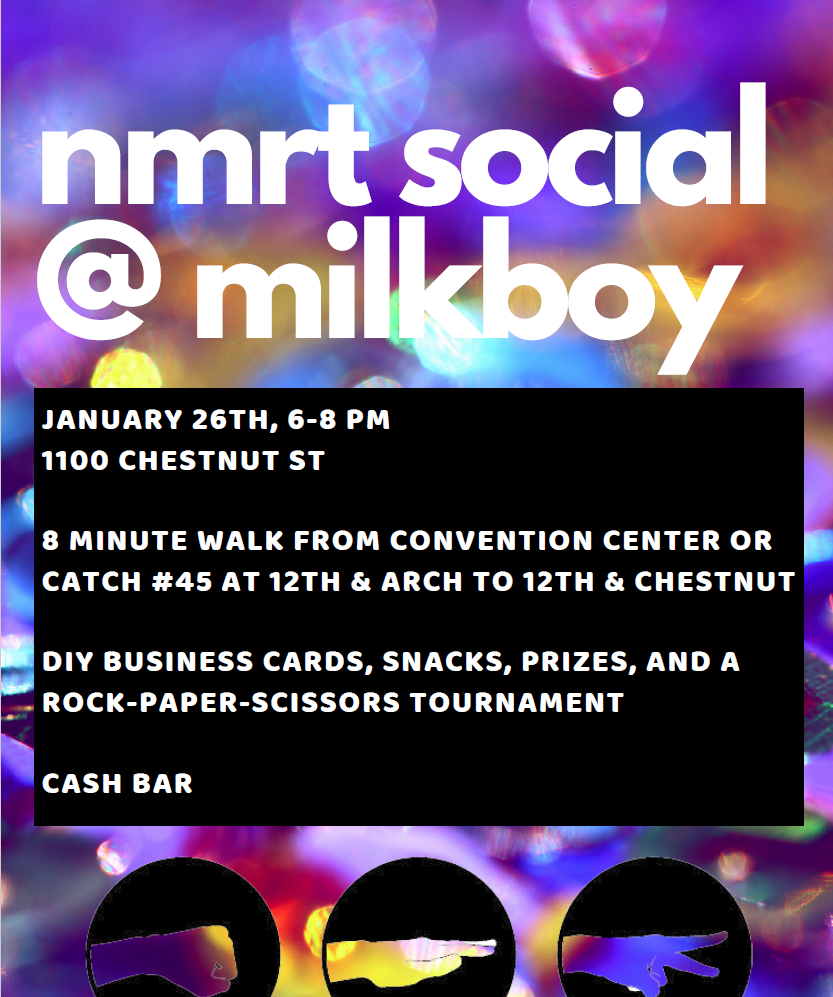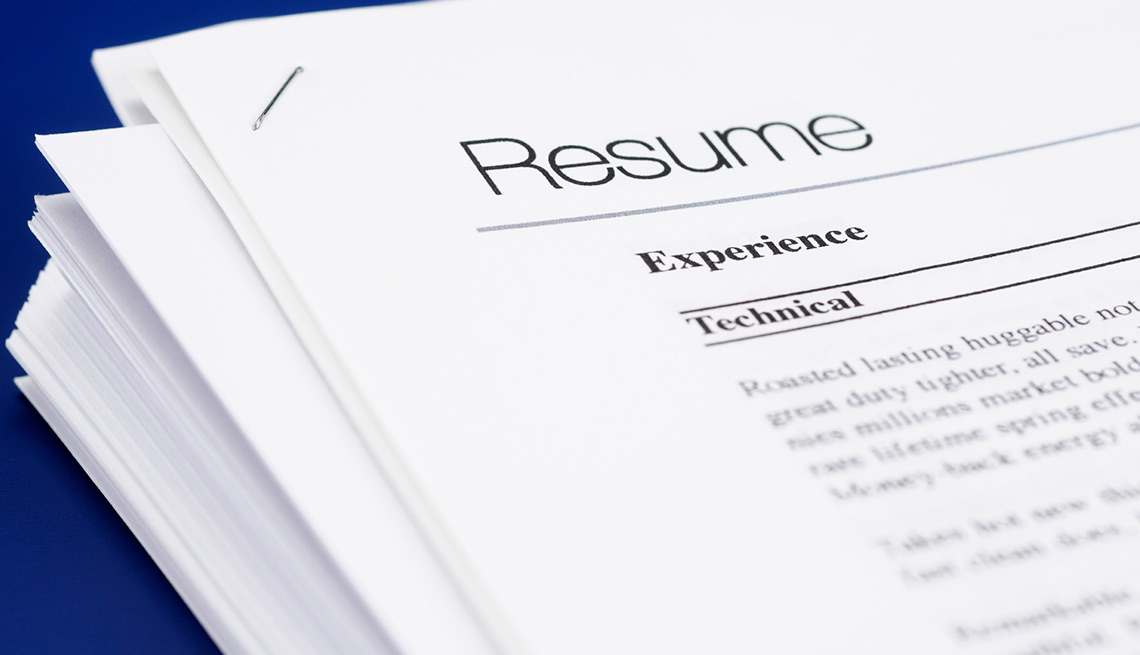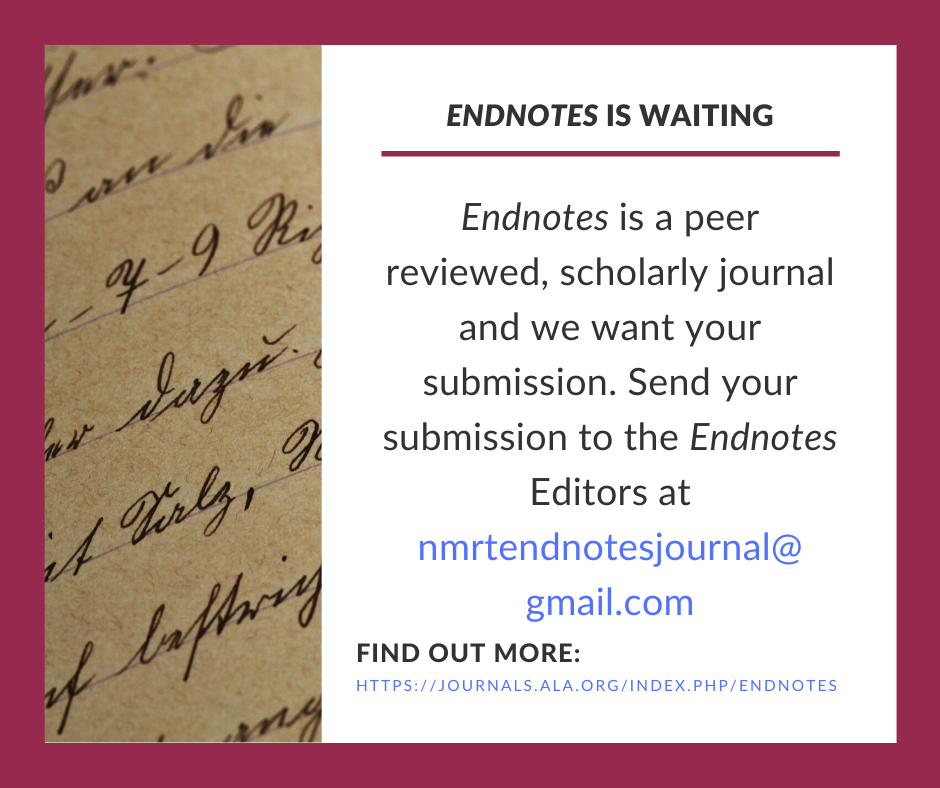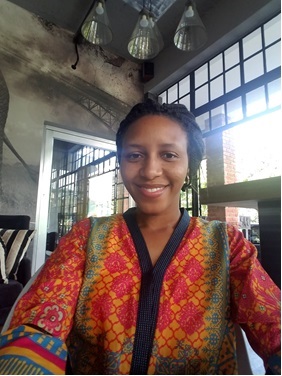The Alternative Voices Feature is meant to give a platform to the voices of librarians from underrepresented communities in the library field. The format of the feature is a journalistic question and answer format. It provides information that the librarian wants people to know about them, plus their thoughts on the current state of the field of librarianship. The feature will showcase one interview each quarter. This is on a volunteer basis.
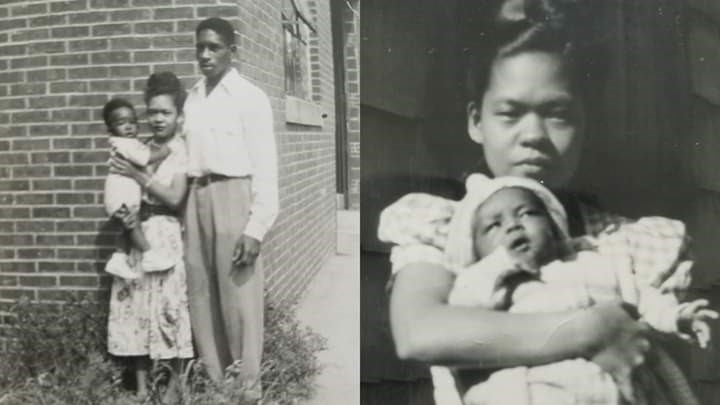
Tell us a little bit about your background. Where did you attend college? What degrees do you have? What programs (undergraduate or graduate) prepared you for your current position? Tell us about your position and what you do? What is your definition of diversity, or equity or inclusion?
I was born and raised in New Haven, CT. My immediate family hails from the United States, St. Kitts and Nevis, and the Philippines. I am a proud graduate of Hillhouse High School. I received my BA in Public Policy and Government from Eastern Connecticut State University, MA in History and M.Ed in Educational Leadership at Georgia College, and MLIS from Valdosta State University. I am currently the Assessment Librarian at Georgia College, and in this role, I work collaboratively with other entities on campus and within the library to evaluate and improve library services, resources, and spaces. I also use my position as an opportunity to convey the importance of the library in innovative ways.
When I think about the ideas of diversity, equity, and inclusion, I am reminded of the adage that the more things change, the more things stay the same. But I am equally reminded that there is change, nevertheless, even though it may not be as quick and as widespread as I want it, and there are countless numbers of people and organizations working hard to turn these ideas into a reality.
Before you became a librarian, what were you thinking about doing professionally or academically?
Prior to becoming a librarian, I had a couple of careers. I worked for a number of years as an educator in public schools. I taught middle and high school social studies for a public school system and two virtual charter schools in Georgia. And while I absolutely loved working with children and young adults, working in the school system (and all that it entails) for me was extremely difficult because finding a work-life balance that fit my needs was close to impossible. I also spent several years working as an archivist at a college and an NEH funded project which focused on the processing of the Alonzo Herndon Family Papers and the records of the Atlanta Life Insurance Company.
What groups or roundtables are you involved in with ALA?
I am a member of the Black Caucus of the American Library Association (BCALA), Asian/Pacific American Librarians Association (APALA), Association of College and Research Libraries (ACRL), Georgia Library Association, Ethnic and Multicultural Information Exchange Round Table (EMIERT), and the International Relations Round Table (IRRT). I am also seeking ways that I can be more active in these groups and roundtables.
What advice would you give to new librarians from underrepresented groups?
I would let them know that they are not alone in their experiences and challenges/dilemmas they have faced or will face. I would encourage new librarians to join one or more of the following organizations (or any other organization or group, not listed here, made up of people who have shared experiences) as they provide networking and professional opportunities, serve as a support system, and offer valuable advice:
American Indian Library Association (AILA)
Asian/Pacific American Librarians Association (APALA)
Black Caucus of the American Library Association (BCALA)
CALA Chinese American Librarians Association (CALA)
Joint Council of Librarians of Color (JCLC)
The National Association to Promote Library & Information Services to Latinos and the Spanish Speaking (REFORMA)
Rainbow Round Table (RRT)
Ethnic & Multicultural Information Exchange RT (EMIERT)
I know firsthand how stress can affect someone’s physical and mental health. I would offer that new librarians learn to find a healthy work-life balance and recognize that you only have one life and that you will have to learn how you will react to the stress in life and at work without losing your integrity and the core of who you are. And like me, you will probably have to give yourself daily reminders of what is and is not essential, in the scheme of things, and how you will respond to the day’s events.
Now more than ever, libraries need to seek out diverse materials to add to their collection, but some may have difficulty locating materials that accurately reflect the voice of a specific community. What resource would you recommend that librarians use to locate the most up-to-date and relevant sources?
I utilize multiple sources when I seek out diverse materials. In addition to the review magazines, journals, and book lists, I look at the various awards for culturally diverse materials. I receive information from multiple listservs and groups that I subscribe to online. Some of the sites I like to visit are weneeddiversebooks.org, diversebookfinder, amightygirl.com, and various publisher and library websites that showcase diverse materials. There are many other sites that I visit. In essence, finding diverse materials requires dedicated effort and willingness.
How do you think the field will change most dramatically in the next several years?
If I have anything to do with it, I think the image of librarians and librarianship will change among the audiences we serve. As an academic librarian, I envision that students, faculty, and administrators will not see the library only as a place with books but will see the array of resources and services we have to offer. I think self-promotion will be the key because if we do not advocate for ourselves, no one else will.
What surprises you the most about your job/field?
I am a librarian, but I am always amazed by the scholarship produced by librarians on an array of topics, and the programs, services, and resources librarians and libraries provide all over the world.
Is there anything else you might have wanted to mention or something I should have asked?
I really enjoy listening to audiobooks. I am usually listening to two audiobooks in the same time frame. I listen to my audiobooks on my way to and from work. I also listen to my nine-year-old daughter’s audiobooks to and from soccer practice and games. The author, content, and narrator are all vital to me when I select audiobooks. Currently, my favorite audiobooks are Everlasting Nora by Marie Miranda Cruz, Betty Before X by Ilyasah Shabazz with Renee Watson, Ban This Book by Alan Gratz, Becoming by Michelle Obama, Crazy Rich Asians trilogy by Kevin Kwan, and The Hate You Give by Angie Thomas. There are a number of other books I have on my wish list!

